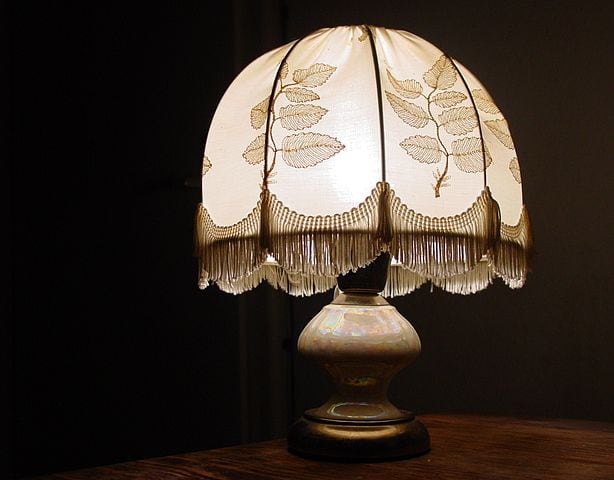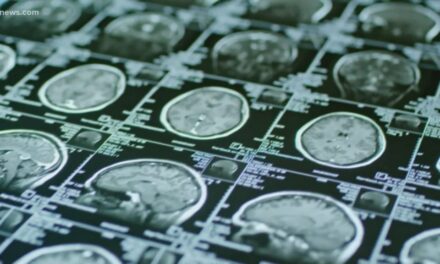Thinking? Arguing? Dim the Lights
Bright light can intensify your emotions and influence your decision-making, a new study finds.
You might be more rational when negotiating, making everyday decisions or even shopping if the lights aren’t so bright, according to researchers at the University of Toronto, Scarborough.
In a series of studies on lighting and human emotion, the researchers found that bright lights might work similarly as heat in revving up our emotions. Sunny days, particularly around noon, can have the same effect, they said.
“Bright light intensifies the initial emotional reaction we have to different kinds of stimulus including products and people,” Alison Jing Xu, assistant professor of management at UTSC and the Rotman School of Management, said in a statement. The research appears in the current issue of Journal of Consumer Psychology.
Under bright lights, positive language made participants in the study feel more positive, and negative words made them feel worse. Participants wanted spicier sauce on chicken wings and thought a fictional character was more aggressive.
This also means that bright lights in a store could influence purchases, researchers indicated. Something to keep in mind while shopping.
Mixed Feelings in Marriage Could Really Hurt Your Heart
Husbands and wives who have mixed feelings about each other could be a higher risk for heart disease, new research indicates.
They’re less likely to ask for help if they feel ambivalent toward each other, which isn’t a plus for mental health or heart health, said researchers, led by Bert N. Uchino, a psychologist at the University of Utah.
The study, which was published in Psychological Science, included 136 couples who had been married for an average of 36 years.
Among 70 percent of the couples, each spouse viewed the other with a mix of positive and negative feelings. Describing these feelings as ambivalent, the researchers found that these couples had more calcium buildup on the arterial walls of their hearts. The team took into account health and lifestyle factors, ranging from cholesterol levels to exercise.
More Stress; More Headaches
If you’ve blamed headaches on stress, you’re probably right.
Stress can exacerbate many health conditions, including headaches, a new study confirms. Participants in the study rated their stress levels as high as 62 out of 100 for migraines. The study included 5,159 people between the ages of 21 and 71. It surveyed participants four times a year over a two-year period about stress levels and the number of headaches.
Here’s the percentage of headache types among the participants and the stress level on a 100-point scale:
Headache Type Percentage Stress Level
Tension 31% 52/100
Migraines 14% 62/100
Migraines + Tension 11% 59/100
The more headaches participants had; the more stress they reported. For a 10-point increase in stress, the number of headache days rose by 6.3 percent for tension headaches; 4.3 percent for migraines; and 4 percent for combined migraine-tension headaches. The findings will be presented at the American Academy of Neurology’s annual conference this spring in Philadelphia.
For more information about headaches, click here.









